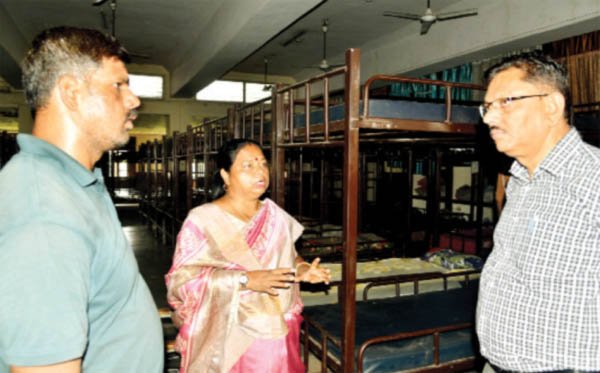New Delhi, July 6 (UNI) In another case of non-compliance by a major PSU bank, the Central Bank has imposed a monetary penalty of more than Rs 1.31 crore on Punjab National Bank (PNB).
The Reserve Bank of India (RBI) has, by an order dated July 3, 2024, imposed a monetary penalty of Rs 1,31,80,000 on Punjab National Bank for non-compliance with certain directions issued by RBI on ‘Loans and Advances: Statutory and Other Restrictions’, and ‘Reserve Bank of India (Know Your Customer (KYC) Direction, 2016’.
This penalty has been imposed in exercise of powers vested in the RBI conferred under the provisions of the Banking Regulation Act, 1949, the RBI said in a release.
The Statutory Inspection for Supervisory Evaluation (ISE 2022) of the bank was conducted by the RBI with reference to its financial position as of March 31, 2022. Based on supervisory findings of non-compliance with RBI directions and related correspondence in that regard, a notice was issued to the bank advising it to show cause as to why a penalty should not be imposed on it for its failure to comply with the directions.
After considering the bank’s reply to the notice and oral submissions made during the personal hearing, RBI found, inter alia, that the following charges against the bank were sustained, warranting the imposition of a monetary penalty.
The bank (i) sanctioned working capital demand loans to two state-owned corporations against amounts receivable from the government by way of subsidies, refunds, or reimbursements, and (ii) failed to preserve the records pertaining to the identification of customers and their addresses obtained during the course of business relationships in certain accounts, the Central Bank said.
The action is based on deficiencies in regulatory compliance and is not intended to pronounce upon the validity of any transactions or agreements entered into by the bank with its customers. Further, the imposition of a monetary penalty is without prejudice to any other action that may be initiated by the RBI against the bank.











